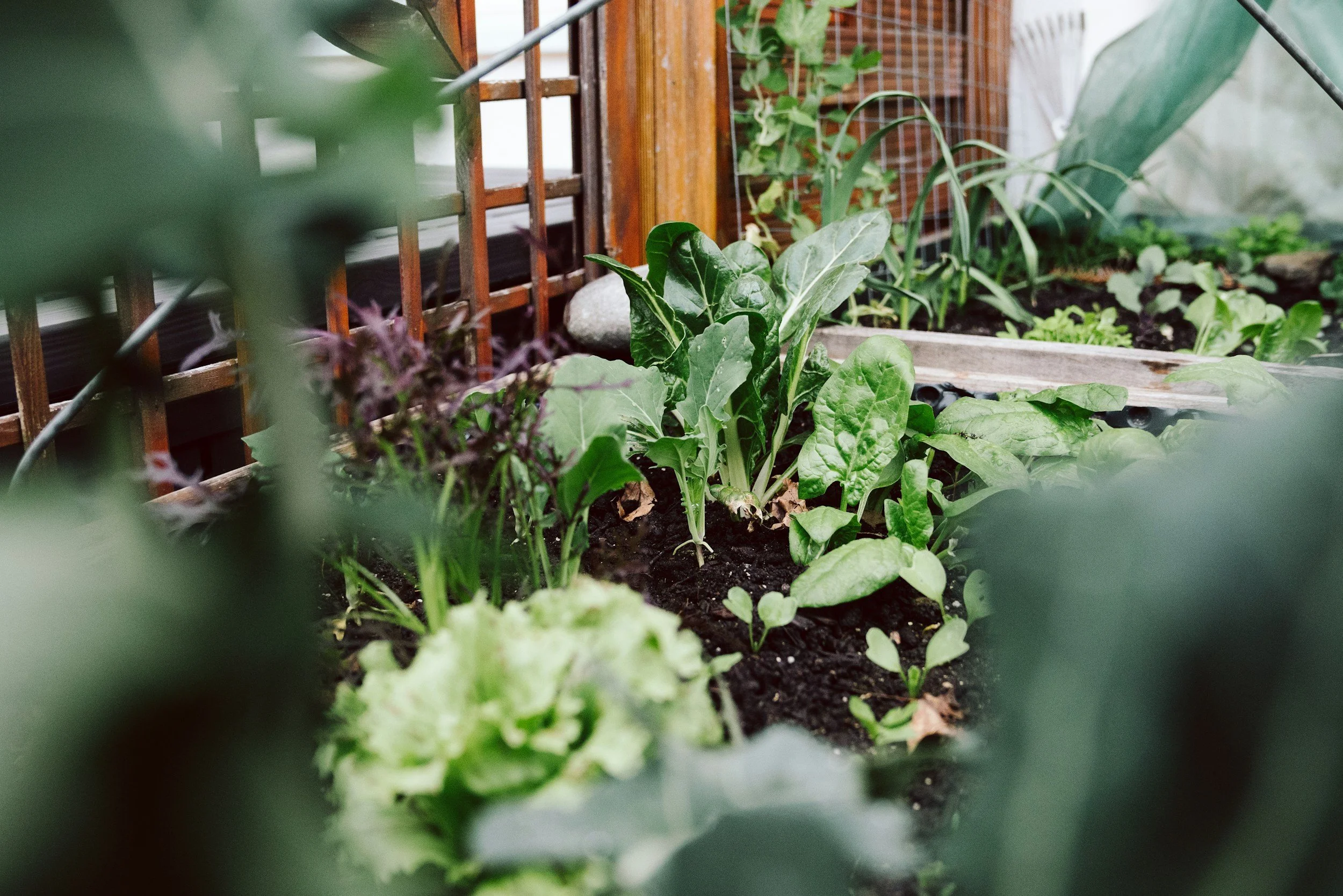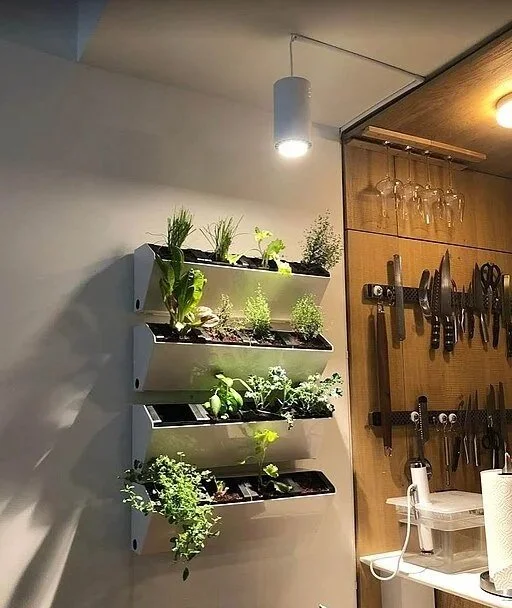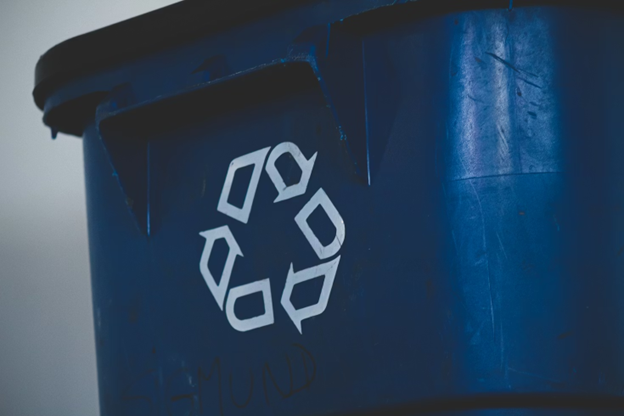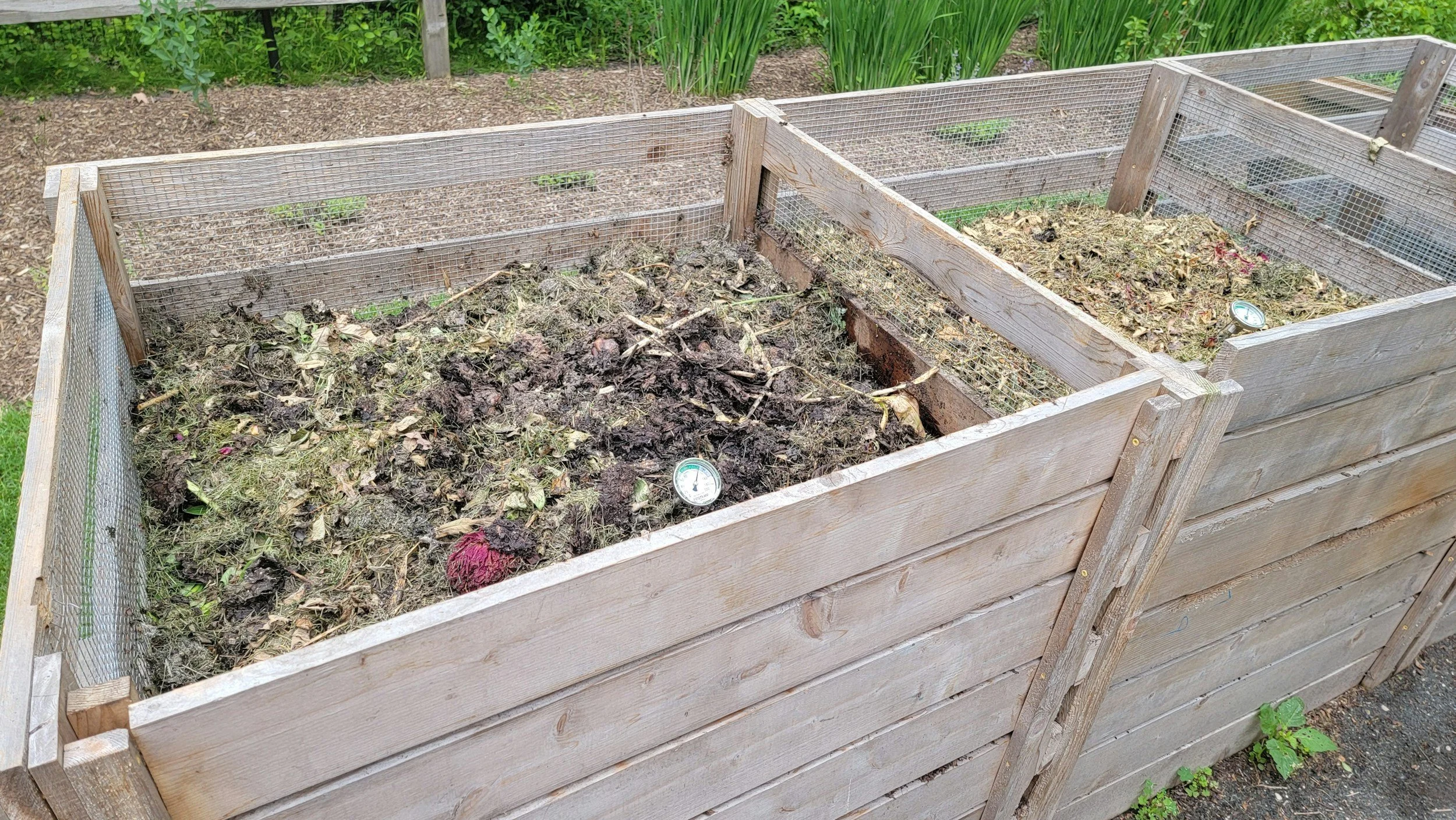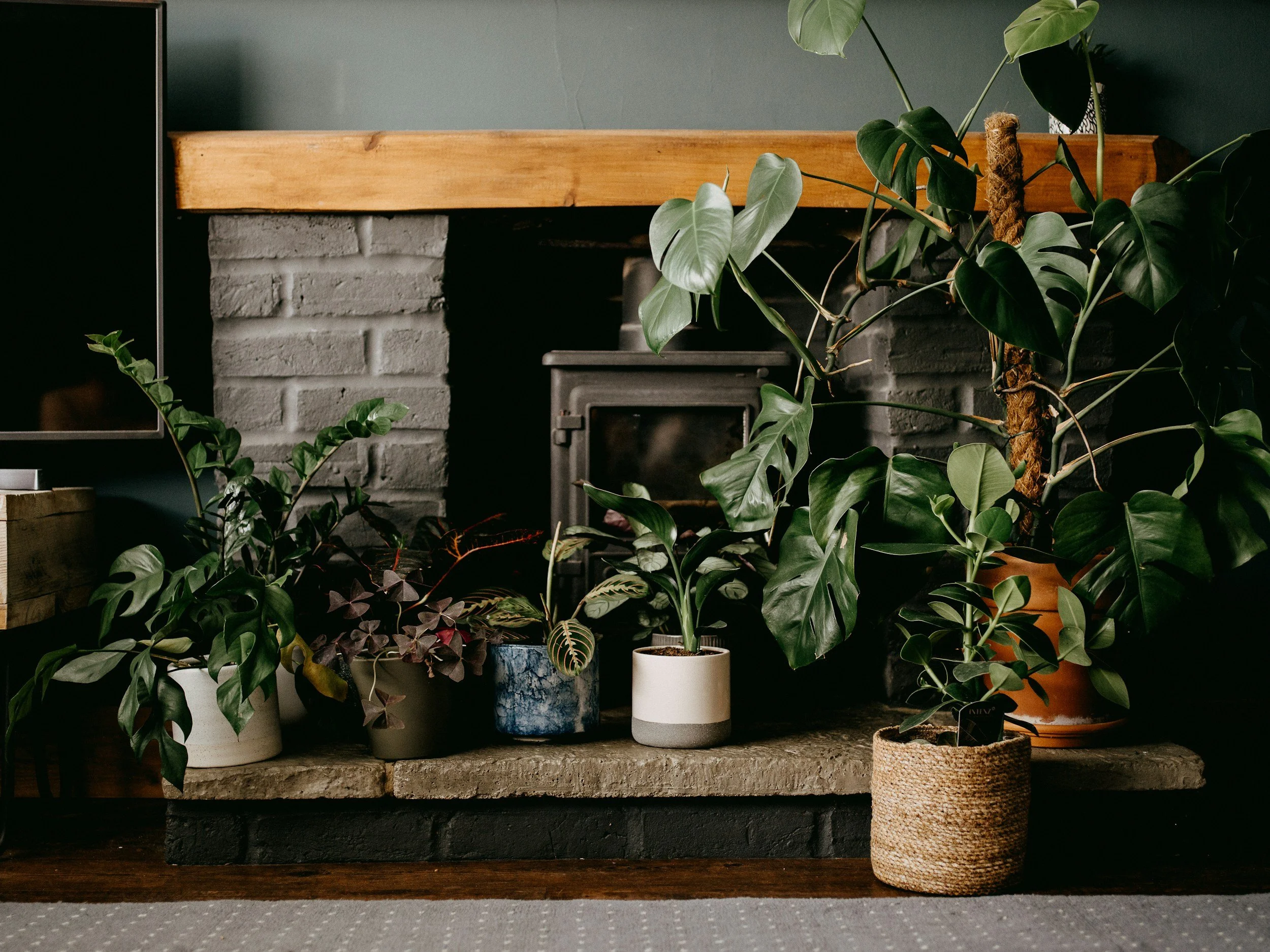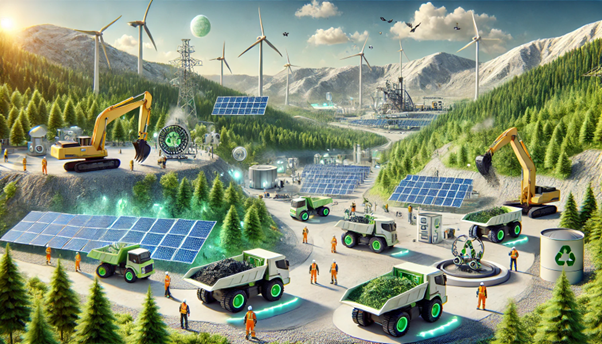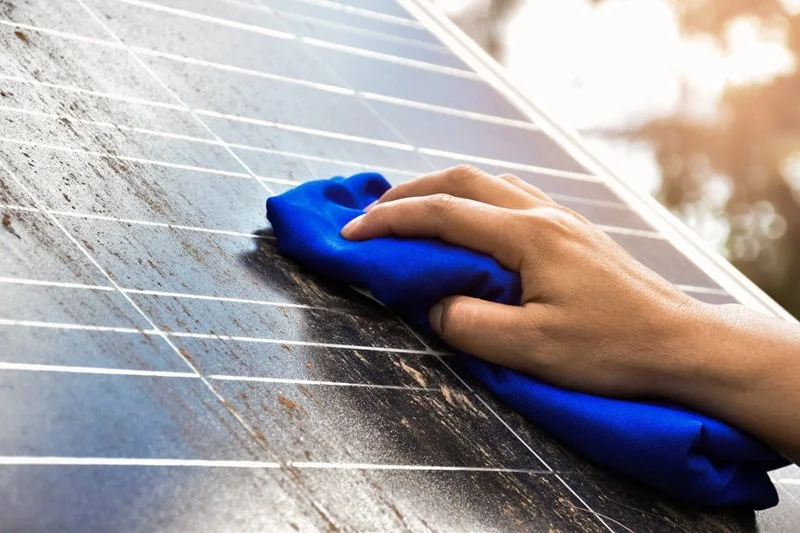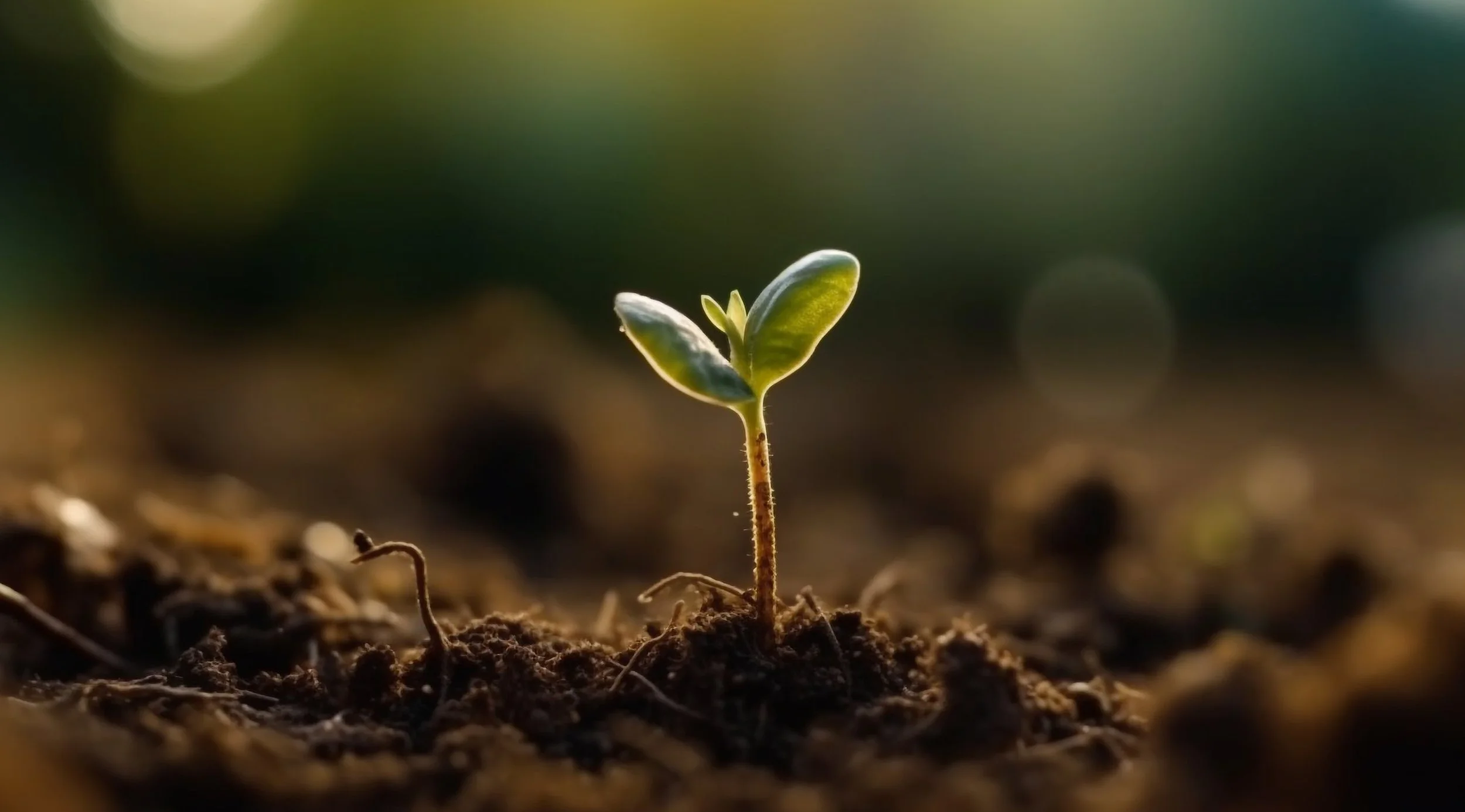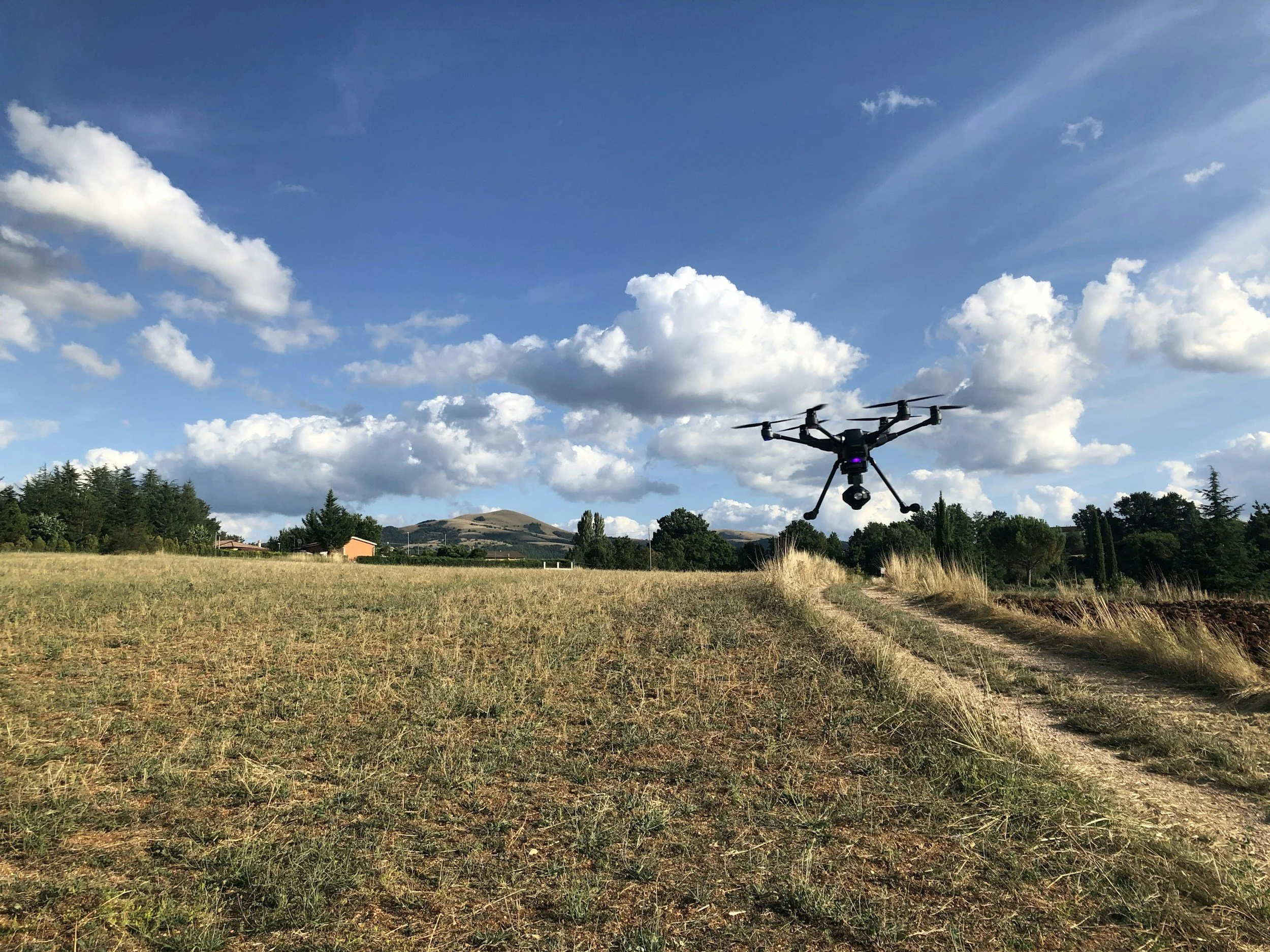Going Sustainable in 2021: How to Get Started
/With every new year comes new resolutions, and as we say a very happy goodbye to the tumultuous 2020, it’s time to set some new goals for the future. So, this new year, why not include some sustainable goals for the year to better the environment and your life?
Sustainable living is more important than many people realise because it helps to keep the environment comfortable for us all to live in. Beyond that, it also benefits our finances and our overall happiness, and following on from last year, we could all do with an extra dose of happiness! Ultimately, sustainable living is all about causing less harm to the environment and using fewer resources, so people can still have enough resources in the future.
The best way to start a sustainable lifestyle is by making simple and small changes that are easy to implement into your everyday routine. You don’t have to go big, but by taking baby steps and sticking to them, you’ll be making more of a difference than you realise. This article will look at 4 key areas where you could adjust your daily life to help reduce your environmental footprint.
1. Reduce Your Household’s Energy Usage
There are many simple ways to reduce your household’s energy usage that will all add up to save you money and lessen your impact on the environment. The main use of energy in most homes is heating, and while you don’t have to suffer through freezing temperatures to do your bit for the environment, there are sustainable alternatives to consider. For instance, you could try installing a bunded oil tank in 2021. This will allow you to store oil for your central heating system and the production of hot water from your water heater safely and effectively. It is also helpful to unplug any unused devices in your home whenever possible, because even if they are not in use, they can still add to your electric bill. Known as ‘energy vampires’, any electrical appliances that are not switched off will still drain power from electrical outlets. So, make sure they’re unplugged! It will only take a few minutes and will save you money and help save the environment.
Another handy tip is to try and dry your clothes on a wash line as often as possible (obviously only if the weather is decent!). Dryers actually use more energy than almost any other product in a home, so drying your clothes outside can lower the amount of energy that your household uses by a substantial amount.
2. Make Sustainable Shopping Choices
You may not realise it, but how you shop can have a massive and detrimental effect on the environment. Choosing to buy locally and in season helps reduce the amount of shipping to supply foods that are out of season. Buying local, seasonal food also helps to support your local farmers and producers. Purchasing food produced through organic farming methods helps to conserve water, use less energy, lower pollution, and reduce soil erosion. You can also reduce your environmental impact by using reusable shopping bags like Bags for Life, as it takes a lot of energy to produce a plastic shopping bag, so always aim to use a reusable bag whenever possible. Just remember to reuse these bags for as long as possible, or you will only be contributing to the global plastic pollution problem. Buying in bulk is another great way to reduce the amount of excessive packaging produced, as it will save you from constant trips to the shops and it will also save you money in the long run!
3. Recycle and Reuse More
Recycling isn’t new, but it’s still relevant. By recycling more in 2021, you will be helping to save energy, save resources and protect the environment. Recycling converts used materials into new products, which reduces the need to consume natural resources and protects natural habitats for the future. So always recycle as much as you can to reduce the production of ash and save the world’s precious resources. Alongside this, try your best to limit using single-use items such as plastic utensils and straws. By avoiding disposable items and investing in reusable ones, you will be reducing your waste production and its negative impact on the environment. Donating or recycling old clothing is also highly beneficial to the environment, especially any clothing made from synthetic fibres, as they can take hundreds of years to degrade. Why not consider switching to a capsule wardrobe in 2021? Capsule wardrobes involve having a small selection of quality items that transcend trends and stand the test of time. Not only is this a great way to avoid fast fashion and reduce the amount of clothing sent to landfill, but it will also clear up a lot of space in your bedroom and create more of a minimalist aesthetic.
4. Embrace Sustainable & Public Transportation
Transportation is the single largest source of air pollution and greenhouse gas emissions, which is why sustainable transportation is so vital. Sustainable transportation refers to any means of transportation that has a low impact on the environment. Examples of sustainable transportation include walking, cycling, carpooling, car sharing and green vehicles.
This form of transportation is all about balancing our current and future environmental needs. Reducing the use of cars is another way to lower the amount of carbon released into the atmosphere. By using public transport, you can help to reduce the number of cars on the road in a community which, in turn, will benefit the environment and the world we live in. So, before hopping in your car, first consider if there is a greener way to get to where you need to be. Walking or cycling could also be a healthier alternative if one of your New Year’s resolutions was to get back into shape, so this would be killing two birds with one stone!
These are just some of the ways that you can make positive changes to your lifestyle.
Sustainability is something we are all responsible for and can all benefit from, so, hopefully, this article will inspire you to make more sustainable choices in the year ahead!
Imogen Clarke is a UK-based freelance writer who is passionate about sustainable and ethical living, and believes we can all do our small bit. When she is not writing, she can usually be found with her head in a book or with her dog, Charlie.






